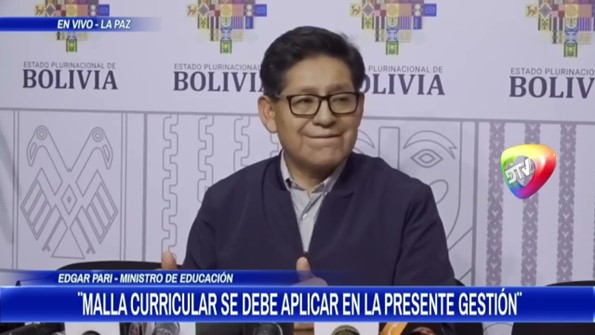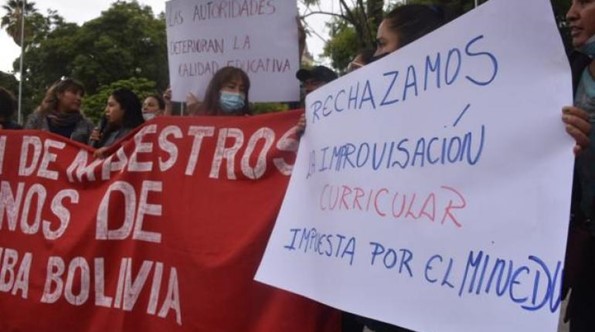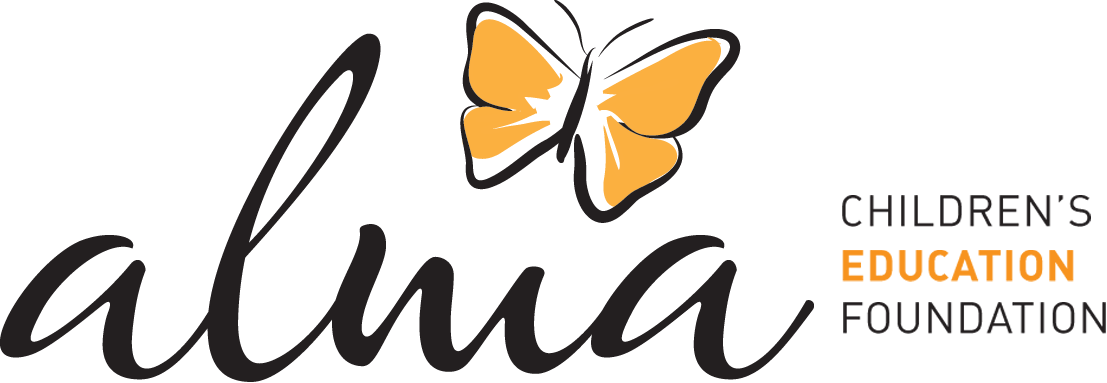
Press clipping. February, 2023

Press clipping. January, 2023
How to understand the curricular changes of 2023 in Bolivia? was one of the questions we asked ourselves at the beginning of this administration. First, we saw it as important to answer this question because it would help to understand the two parties to the conflict, on the one hand, our direct beneficiaries, the teachers and school directors, and on the other hand, with whom they were confronted, our partner working in the directions district and departmental education. But we also believe that in order to be able to teach during this administration, we had to know the substance of the conflict: what content was maintained, what content was eliminated, and what was added to the Bolivian curriculum of this administration.
During the first three months of the year we focused on seeing this situation clearly and we came to the conclusion that what existed is a new curricular update and not a total change in the educational curriculum. But beyond this we realized that in a more general analysis the educational guides given by the Ministry of Education in Bolivia are moving away from the detail of curricular content or topics that are advanced in the classroom, to focus more on exit profiles or competencies that students must achieve in each area and year of schooling and this is really to be applauded. Despite this, the way in which the 2023 Curriculum was presented and the way in which it should be implemented had so many flaws that the conflict situation escalated for a long time.
To date and after 8 months, the urban teachers and the Ministry of Education have not fully resolved the conflicts; the truth is that in reality not all teachers are using the new curriculum as expected; but neither is it true that no one in Bolivia is applying it. In Alma we have included our analysis available to teachers and educators of the ESFM; We have shared with them the most notorious changes and the benefits that the new content focused on literacy, reading comprehension, technology and emotional education could mean for students; beyond focusing or not on robotics, chess or other points of conflict. And although we recognize that its implementation requires time, materials, equipment and, above all, continuous teacher training, we believe that it is still viable.
For our part, we must say that at Alma Bolivia we are more than halfway towards our training goals for this administration and we have not noticed resistance to working with the new curriculum, except for a few exceptions on the strongest days of the conflict. In fact, we have maintained the methodological approach of focusing on the processes that teachers carry out in their work rather than on the content that they must develop, that is, we focus on planning, execution, and curricular evaluation rather than on curricular content, and that It has allowed us to enter the teachers’ classrooms to generate change. I’m not saying it’s the only way, I don’t even think it’s the fastest, but it’s a way that brings us closer to the reality of these educational actors, that allows us to feel their needs and respond to them in a timely manner, since from this approach we first we focus on what teachers do and need and then with them we see how to include our proposals in their journey.
By:
Andrea Fernandez Blacutt
